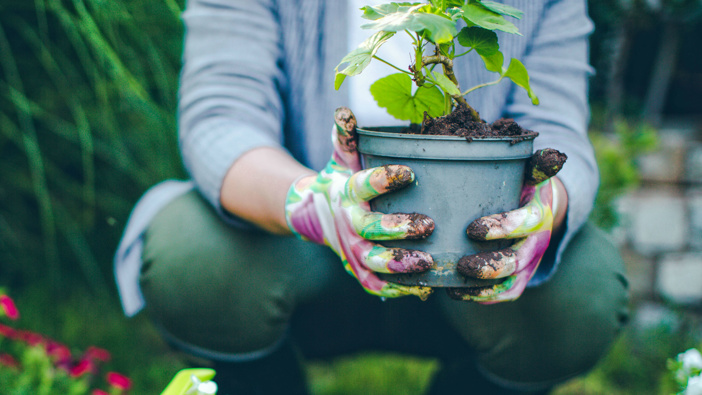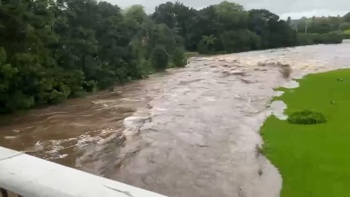While some of us have green fingers, and can help any plant to thrive, others of us probably shouldn’t be left alone with even a cactus!
Now researchers have found that some plants actually make a sound when they need to be watered, unfortunately it’s just not within the hearing range of humans.
Published in the journal Cell the researchers placed ultrasonic microphones next to but not touching living plants to see if they could detect airborne sounds.
They then set up different conditions for the plants, for some they didn’t water them for 5 days, for others they cut their stems and for some they watered daily.
They were able to detect ultrasonic clicking sounds emitted from the stressed plants that needed watering, with the sounds ranging from 40Khz to 80Khz (humans can only hear up to around 16Khz).
A modified clip was made so that human ears can detect it, and the clicking has been described to be like the popping of bubble wrap.
Using two different plants (tomato and tobacco), they found that each one emitted its own distinct ultrasonic click and once trained through machine learning, computers were able to differentiate and recognise the ‘voice' of each type of plant.
Plants that were sufficiently hydrated did not emit any sound and remained silent, leading the researchers to believe that the sound is generated by the formation and bursting of air bubbles in the plant’s vascular system through a process known as cavitation.
Whereas previous studies have heard thirsty plants make a sound when a microphone was directly attached to an individual plant, this was the first time that the sounds have been recorded through the air.
This research could be used to help farmers to know if their crops are getting dry by placing microphones in their fields or greenhouses, helping to conserve water by only watering when the plants need it.
LISTEN ABOVE
Take your Radio, Podcasts and Music with you










